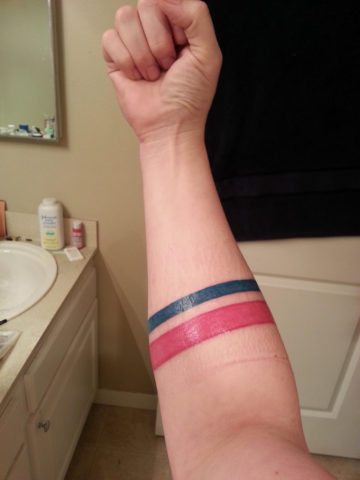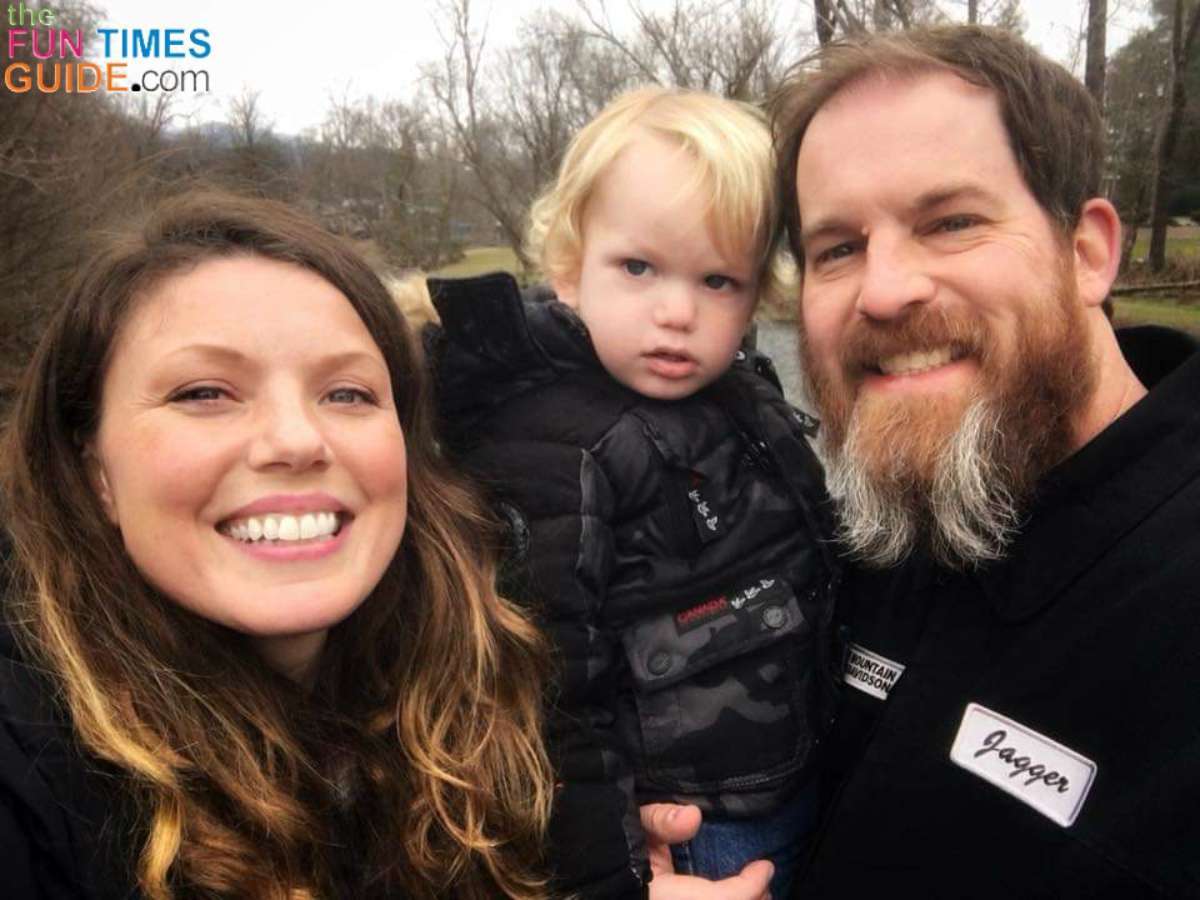 I was watching The Doctors TV show the other day, and they were talking about BRCA testing – who should get it and who shouldn’t.
I was watching The Doctors TV show the other day, and they were talking about BRCA testing – who should get it and who shouldn’t.
The BRCA test is a simple blood (or saliva) test that can help prepare you for some rather unfortunate health predicaments during your lifetime.
However, most people fear the results – because if the results are bad, then you’d always have the burden of knowing and deciding what you’re going to do to (or not do) that will ultimately affect the rest of your life.
BRCA testing is a genetic test that looks at the sequence or code of the BRCA1 and/or BRCA2 genes. Changes or mutations in the genetic code indicate increased cancer risks. The test can be performed on a blood or saliva sample. It takes about 3 weeks to get results. Source
I’ve often thought about taking the BRCA test, but I haven’t done much research about it – until now. There are several cancers in my family. My husband has melanoma skin cancer. A few of our friends have cancer. And, well I’m getting older and I’m starting to think more about these types of things.
Here’s what I’ve learned about the BRCA gene test…
Who Should Get BRCA Testing?
According to Dr. Kristi Funk, a surgical breast specialist, here’s who should get the BRCA test…
You should definitely get tested if you:
- Have 2 relatives with breast cancer under age 50
- Have 2 relatives with ovarian cancer at any age
You should possibly get tested if you:
- Have multiple cancers (more than 3) on one side of the family – breast, ovarian, colon, prostate, pancreas, melanoma, gastric/stomach, uterine
- Have any cancers in your family tree under 50 years old – on mom’s or dad’s side
- Have any rare cancers in your family – such as a man with breast cancer or prostate cancer, or a woman with ovarian cancer
To put it in perspective, Dr. Funk mentioned these 2 key facts on The Doctors:
#1 – One in 500 to 700 people carries this genetic mutation. While that’s maybe a million people in the United States right now, that’s not every woman walking. Source
#2 – The big deal is that if you carry one of these BRCA1 gene mutations, you have potentially up to an 87% change of getting breast cancer, a 45% chance of ovarian cancer. And if it’s BRCA2, you have an elevated risk of pancreatic, melanoma, and prostate cancers. Source
Keep in mind, the results from a BRCA gene test are not always scary. In addition to informing you of your risk for certain cancers, BRCA testing can also give you peace of mind – simply by knowing that you do or don’t have a high risk of getting cancer.
Here’s another good summary of why BRCA testing is done and who should do it.
How Much Does A BRCA Test Cost?
It can be expensive, but it generally costs between $2,000 to $4,000.
Yes, insurance will cover the cost if you meet criteria indicating that hereditary cancer runs in your family.
The cost of the test for the consumer can range from several hundred to several thousand dollars depending on factors including: who in your family has been previously tested (if a previously-identified mutation exists in the family), and if your family ancestry correlates with increased risk of a particular mutation (ex. Ashkenazi Jewish heritage). Insurance policies on covering the costs for genetic testing are varied. Source
If your insurance will not cover the test for you, according to Dr. Funk, that’s basically a good sign. It means your risk is quite low!
For the majority of people who are not covered by their insurance, really the good news for them is they’re just not a high enough risk. What insurance basically looks at is: “Do you have at least a 5% to 10% chance of having this gene – and if you do, we’ll cover the test.” Source
UPDATE: A reader recently shared this insight:
Insurance companies that won’t pay… not only because you’re low risk, but because they won’t pay for testing out of network. My insurance company won’t pay because they cannot do the test themselves. Cost is too great regardless of the patient’s risk. —Geneva
The Bottom Line…
- Do your research.
- Know your family history of cancers.
- Talk to your doctor and/or a genetic counselor.
- See if your insurance will cover it before you schedule the BRCA test.
- And finally… don’t do a BRCA test unless you have some idea of what you’re going to do with the results!
BRCA testing tells you your actual level of risk for getting certain cancers. It’s up to you what you’re going to do with that information.
To ease your mind (one thing that eased my mind anyway) is the fact that you don’t have to choose the most extreme way to deal with an increased risk of cancer – like Angelina Jolie did. Many people simply choose to get more frequent screenings as their preferred course of action after learning that they have an elevated risk for cancer.
Interventions that may reduce risk for cancer or cancer-related death in women who are BRCA mutation carriers include earlier, more frequent, or intensive cancer screening; risk-reducing medications (for example, tamoxifen or raloxifene); and risk-reducing surgery (for example, mastectomy or salpingo-oophorectomy). Source
If you’re thinking that you do, indeed, want to have a BRCA test, then you’re probably wondering where to start.
You can begin by talking with your own doctor – either a general practitioner or a specialist that you’ve been seeing. But they’ll probably refer you to a genetic counselor prior to scheduling the BRCA test anyway, so why not just start there? Genetic counselors are professionals who are uniquely qualified provide services related to cancer genetics – including cancer risk assessment and genetic susceptibility testing.
Here’s how to find a genetic counselor near you.
More About BRCA Testing
In addition to the links above, here are additional resources to help you decide whether the BRCA test is right for you:
- How To Prepare For A BRCA Test
- Men And The BRCA Test: What You Need To Know
- What Positive Or Negative BRCA Test Results Mean
- Cancer Screening Recommendations By Age
- 7 Questions & Answers About Cancer Gene Testing
- The BRCA Gene Test Saved My Life And My Sister’s Life
- What To Do If Your Genetic Test Results Are Positive
- Cancer Screen Tests From The CDC
- Everything You Could Possibly Want To Know About BRCA Testing




